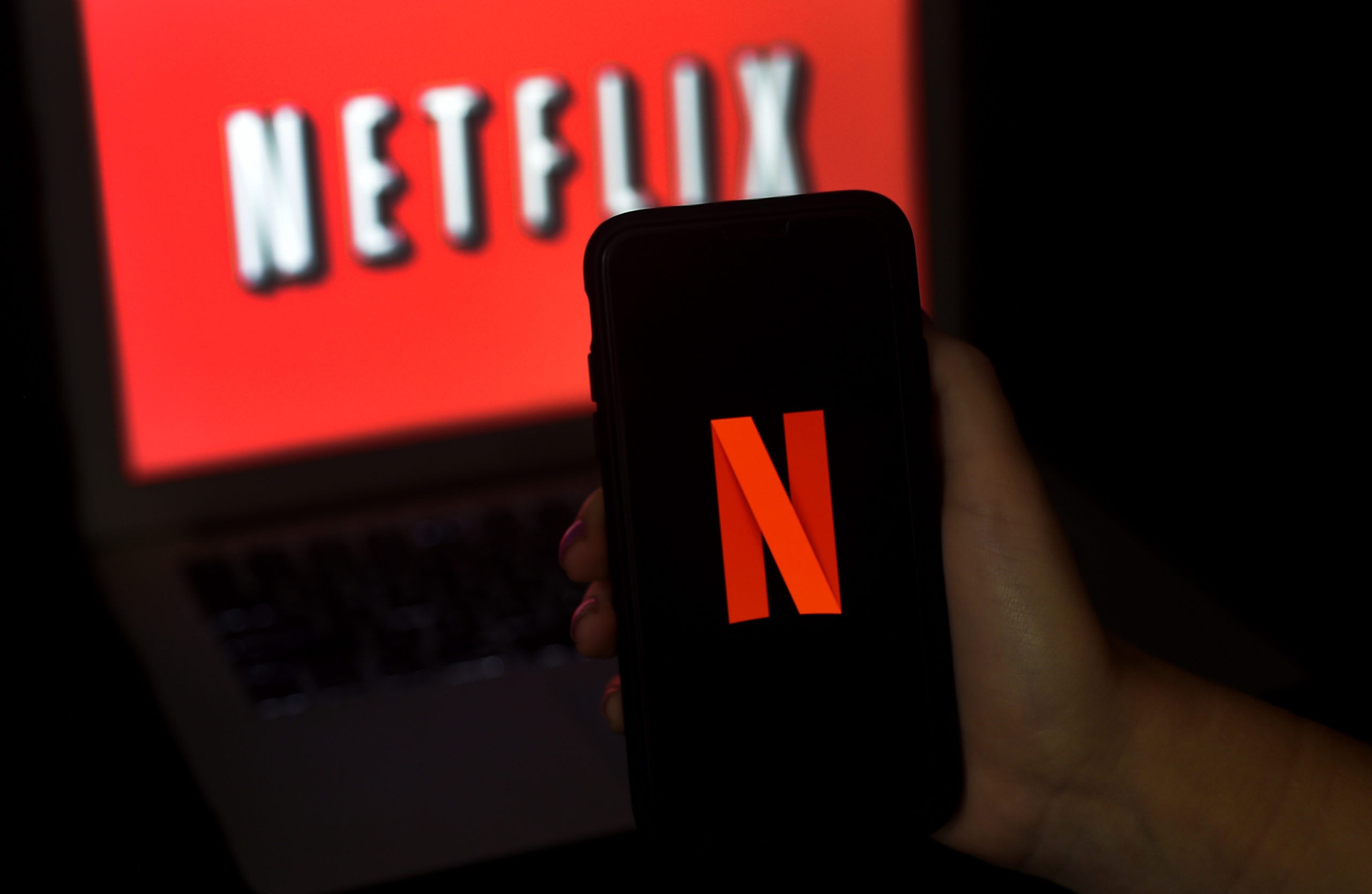Netflix sees record sign-ups during pandemic lockdowns
Netflix reported a jump in paid subscriptions as strict confinement rules keep millions of people at home in a bid to curtail the coronavirus outbreak, effectively providing an enormous captive audience to the entertainment giant (Olivier DOULIERY)
San Francisco (AFP) – Netflix on Tuesday reported soaring profits as paid subscriptions surged by almost 16 million at the streaming television service during lockdowns to slow the spread of the coronavirus pandemic.
“After record subscriber additions, Netflix is and will continue to be the media company least impacted by COVID-19,” said eMarketer forecasting analyst Eric Haggstrom.
“Their business is a near perfect fit to a population that is suddenly housebound.”
Netflix made a profit of $709 million on revenue of $5.8 billion in the first three months of this year, while the number of subscribers grew by 15.7 million from the previous quarter to total nearly 183 million, according to earnings figures.
Strict confinement rules are keeping billions of people at home in a bid to curtail the outbreak, effectively providing an enormous captive audience to entertainment giants competing in the streaming market.
“We’re acutely aware that we are fortunate to have a service that is even more meaningful to people confined at home, and which we can operate remotely with minimal disruption in the short to medium term,” Netflix executives said in a letter to investors.
“Like other home entertainment services, we’re seeing temporarily higher viewing and increased membership growth.”
Netflix expects viewing and membership growth to decline as coronavirus concerns abate and people can move about more freely.
The streaming firm expects a net increase of 7.5 million paid subscriptions in the current quarter to June but said: “Given the uncertainty on home confinement timing, this is mostly guesswork.”
– Turbulent times –
The California-based company said that the long-term effects of job losses due to the coronavirus crisis on Netflix revenue remained unclear. The US alone has lost 22 million jobs since mid-March.
“In our 20+ year history, we have never seen a future more uncertain or unsettling,” Netflix executives said.
The company’s shares danced fractionally around their closing price in after-market trades that followed the release of the earnings report.
The coronavirus crisis had three main effects on Netflix’s financial performance, the first being temporary acceleration in membership growth, according to the company.
Strengthening of the US dollar during the pandemic has, however, offset revenue gains.
“Netflix faces some headwinds moving forward from a poor economic environment,” Haggstrom said.
“But a significant chunk of consumer entertainment budgets have been opened up from the closures of movie theaters, sporting events, restaurants and bars.”
– Sidelined shows –
The third effect has been the shutdown of show production that has postponed expenses and freed up cash at the company in the short-term.
“We’ve paused most of our productions across the world in response to government lockdowns and guidance from local public health officials,” Netflix said.
“No one knows how long it will be until we can safely restart physical production in various countries, and, once we can, what international travel will be possible.”
Streaming television service competitors are in the same situation, but Netflix has a library with thousands of titles and an array of show launches ready for release, its executives noted.
“Our member satisfaction may be less impacted than our peers’ by a shortage of new content, but it will take time to tell,” Netflix said.
The Walt Disney Company in early April said its television streaming service had already won 50 million paid subscribers just five months after its launch in the US.
Disney+ subsequently rolled out in India and eight western European countries as well.
The major challenge for Netflix and other leading streaming subscription services, in particular Disney+, will be “not just attracting new subscribers after lockdown, but perhaps more importantly, retaining existing ones,” said Futuresource analyst David Sidebottom.
Disclaimer: Validity of the above story is for 7 Days from original date of publishing. Source: AFP.


